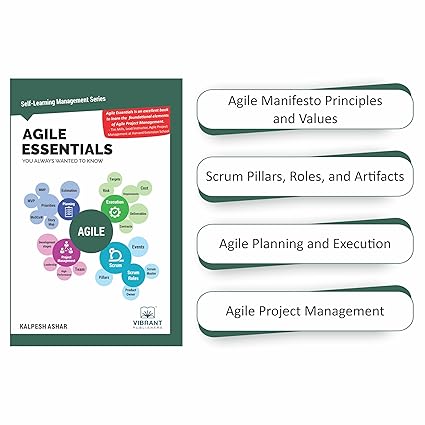
Business Strategy Essentials 101
Introduction
Business strategy refers to the process of creating goals, plans, and actions that can guide a company toward its ideal destination. Having a good business strategy helps companies compete in their target markets.
Common types of business strategies include growth strategies, stability strategies, and retrenchment strategies. Growth strategies outline how a business can become more competitive in its market. Stability strategies, on the other hand, outline how a business can maintain its current market position. Lastly, retrenchment strategies outline how a business should respond to problems and failures.
Key Components of Business Strategy
Business Vision:
To formulate a business strategy, you need to first determine the company’s direction. Create a vision/mission statement that reflects how you see your company evolving through the years.
Goal-setting:
Once you’ve determined your company’s direction, set smaller objectives that can help the business get to where it wants to be. Create measurable goals that can help you see your progress more clearly.
Resource Allocation:
After setting your objectives, determine how you can use your human and capital resources to forward each goal. Proper planning, managing, and delegation can help you maximize returns on your investments.
Management:
Any business is only as good as its workers. Ensure that the people working within your organization can support its objectives.
Prioritization:
Most business decisions involve trade-offs. Know what to prioritize and make choices that best benefit your company’s goals.
Best Skills For Business Strategy
Creativity:
Business strategy is all about blending information with imagination. Creative people can use business data to form ambitious business objectives and conceptualize ideas that can help the company meet said objectives.
Leadership:
Strategies are nothing without action. Good leaders should motivate their people to act toward the business’ objectives.
Flexibility:
No matter how thorough your strategy is, there will always be unforeseen circumstances that prevent you from following your plan exactly. Good leaders need to be shrewd enough to find new solutions when the unexpected arises.
Careers In Business Strategy
Project Manager:
Project managers ensure that businesses meet their short-term objectives by overseeing different business projects. They’re responsible for planning projects, including the project scope, timeframe, budget, resources, communication, and risk management. They then delegate tasks among people and monitor progress.
Training And Development Managers:
Employees are the most valuable part of any company. As human resource professionals, training and development managers ensure that a business’ employees have the skills and knowledge they need to help their company complete its goals. Training and development managers assess their company’s training needs, then design effective training programs based on this information.
Finance Managers:
If training and development managers focus on optimizing human resources, finance managers focus on optimizing financial performance. Finance managers use accounting to assess the financial health of their companies. They then use their assessment of the company’s financial capabilities to set financial goals and develop plans that outline how a business should go about achieving said goals.
Business Development Analyst:
Business development analysts help businesses determine how to better compete with other organizations operating in their target market. Using thorough research on customer demographics, emerging industry trends, and competing organizations, business development analysts come up with improvements to existing business practices and strategies.
How To Gain Business Strategy Skills
Bachelors’ and Masters’ degrees in business administration can help you develop the skills you need to succeed in business strategy. There are also a number of online courses that can help you build a basic foundation of business strategy knowledge. Because business strategy is a very broad topic, many courses focus on applying the concept to specific contexts, such as digital business strategy, sustainable business strategies, and Agile. Vibrant Publishers’ Business Strategy Essentials You Always Wanted To Know can also teach you the building blocks of business strategy. This book features topics like SWOT analysis, strategy analysis, and environmental scanning.
Businesses can best succeed when leaders outline a clear direction for the future and create concrete steps for achieving their goals. Through business strategy, businesses can gain a clearer picture of how they can succeed in their target markets.
Read about all these concepts, and more, in Business Strategy Essentials You Always Wanted To Know.
Share











